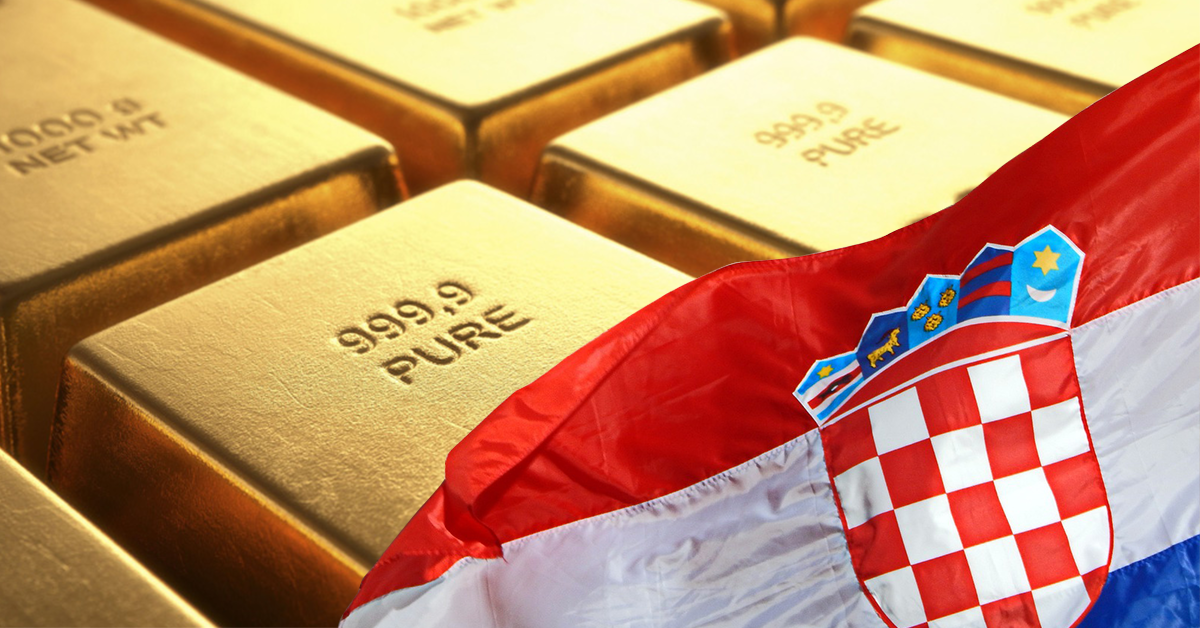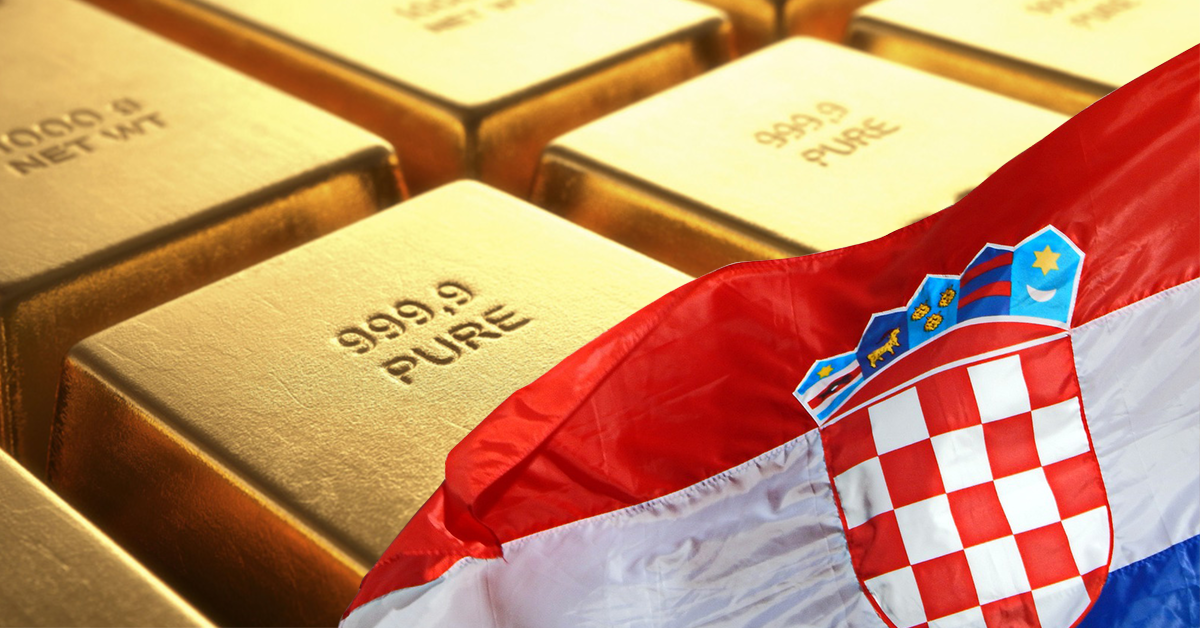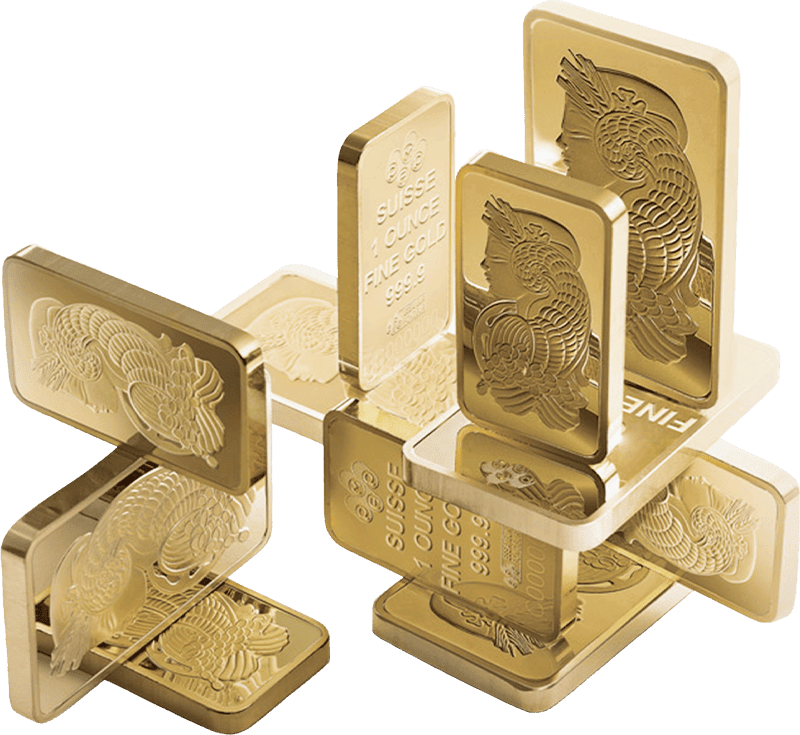
Why are Croatia’s gold purchases important?
24. 07. 2023Croatia joined the euro area and Schengen on 1 January 2023. In December last year, they bought almost two tonnes of gold. This is a major milestone for the country, not only because they have not given much thought to the precious metal in the past.

Since 2001, Croatia has had no gold reserves. But at the end of last year, everything changed and the local central bank bought almost 2 tonnes of the precious metal. "Croatian bank joins other Eastern European banks reaching for the precious metal in 2022,” Krishan Gopaul, an analyst at the World Gold Council, commented on the purchase on Twitter.
The purchase is interesting mainly because Croatia joined the eurozone on 1 January 2023 and the Croatian National Bank started to participate in the management of the ECB's foreign exchange reserves. However, upon joining the Eurosystem, national banks must transfer a portion of their foreign exchange reserves to the ECB's international reserves. The share of the Bank of Croatia amounted to EUR 639.9 million. 85% was paid in US dollars (USD 580.1 million) and 15% was paid in gold (approximately 56,256 ounces).
The European Central Bank currently holds 506.5 tonnes, which is still less than one‑sixth of Germany's reserves, but still thirty‑three times more than the reserves of the Czech Republic. The case of Croatia shows that even a relatively young central bank contributes to the stability of the EURO with its dollars and gold. This remains an important instrument of foreign exchange reserves and contributes to the stability of the euro.




